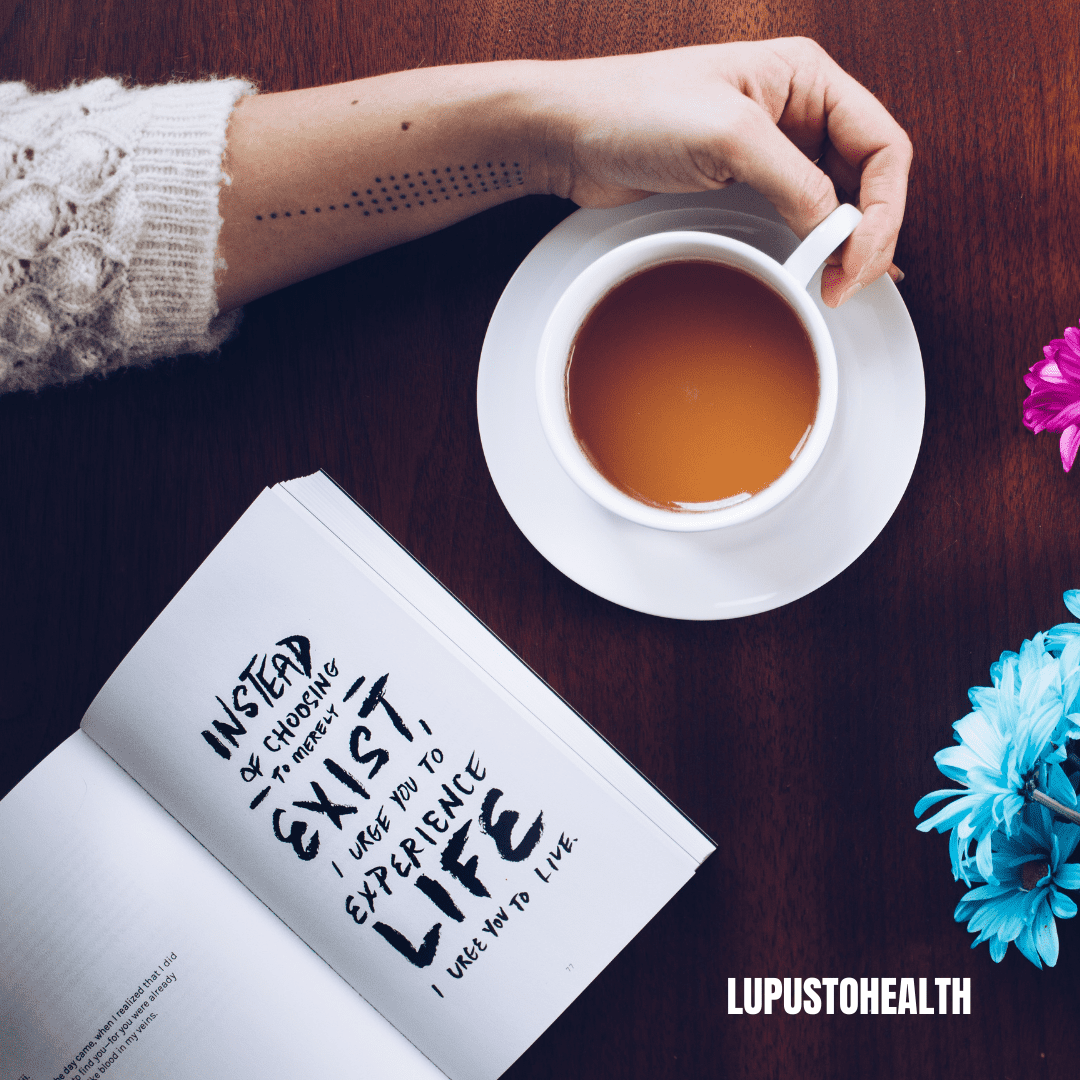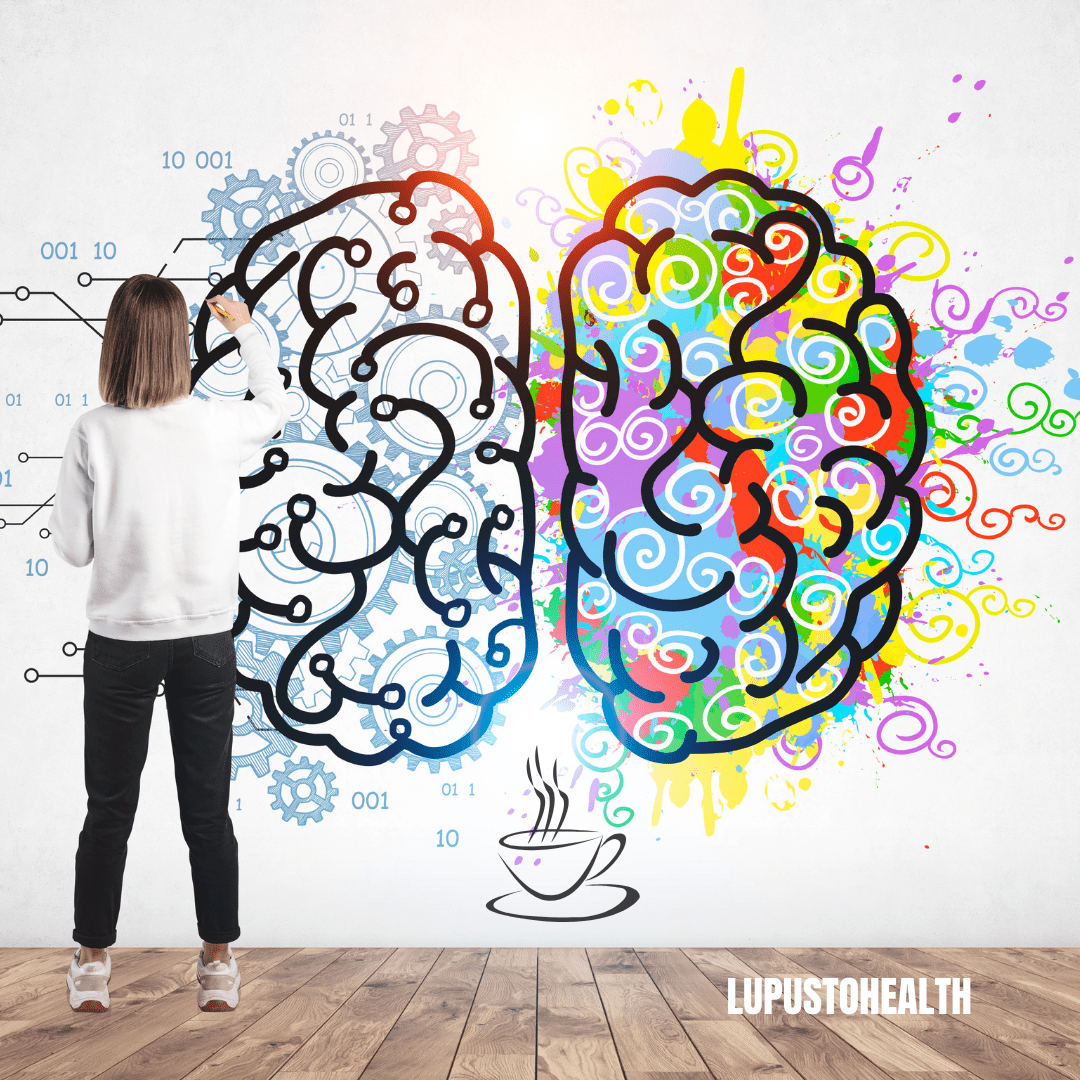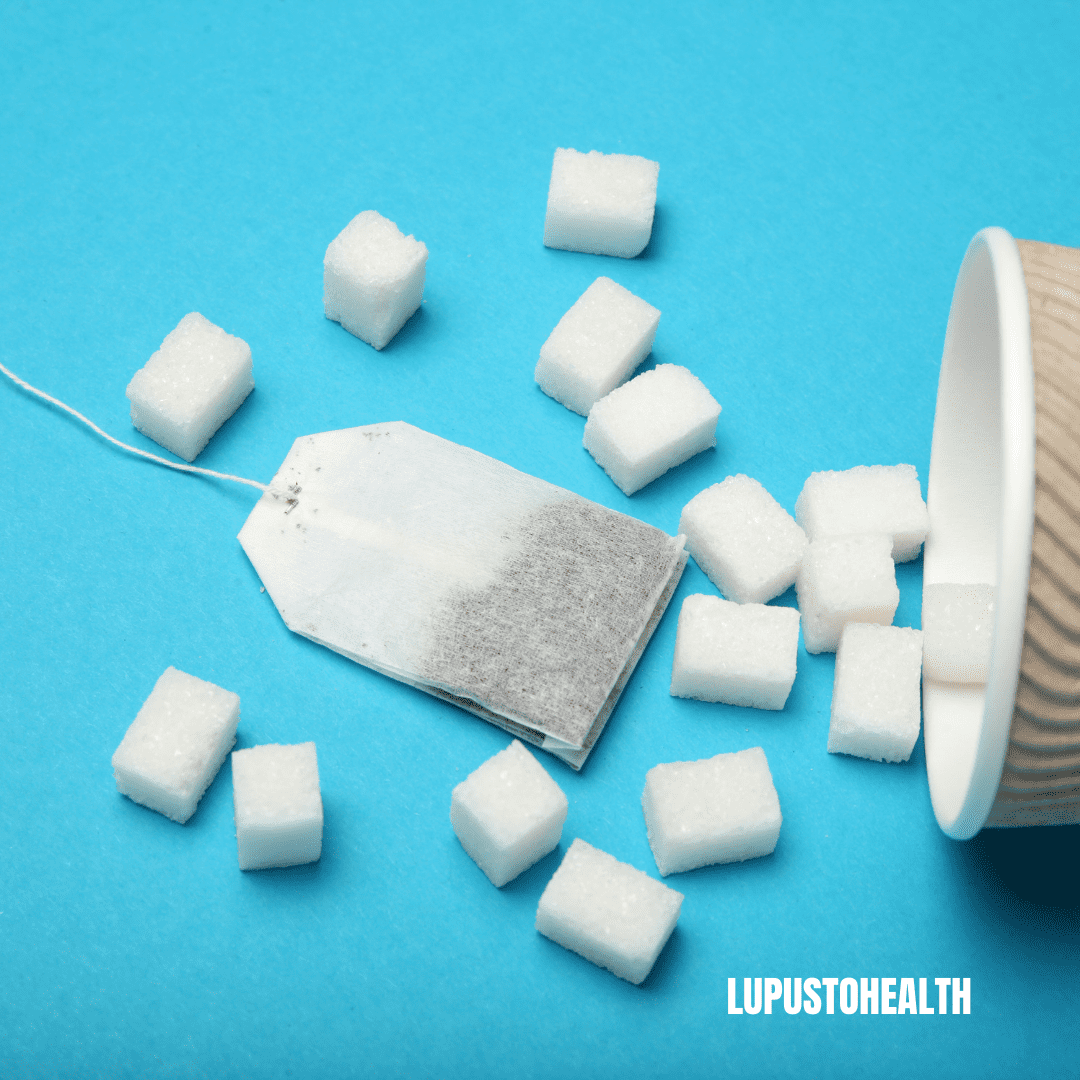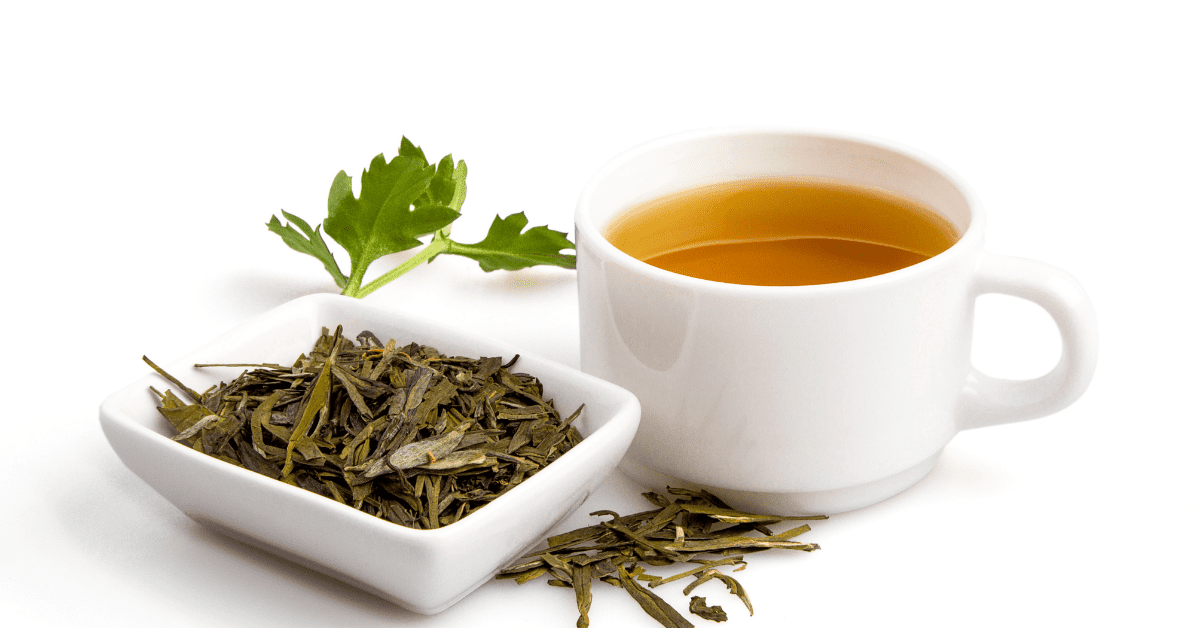Did you know there are hidden benefits of drinking tea?
As a Brit, there is nothing more that I love than a nice cup of tea. After all, as a nation, 75% of us have a cuppa at least once a day [1].
Tea is the most consumed beverage in the world alongside water.
Yet, to us Brits, it’s more than a beverage. It is the answer to every problem.
Brief History of Tea
We’ve been enjoying tea on these isles since the 1660s [2].
In fact, tea started life here as a medicine…
History says Thomas Garraway, a merchant of London, first marketed tea as a stimulant.
“It maketh the body active and lusty” he wrote. As well as “…removeth the obstructions of the spleen…” and that it was also “very good against the Stone and Gravel, cleaning the Kidneys and Uriters” [3].
Thomas Garraway
Yet, these were only allegations then. It wasn’t until 1730 that a study supported such claims.
Thomas Short, a researcher, claimed tea had curative properties against ailments. Including scurvy, indigestion, chronic fear, and grief [4].
But the tide soon turned.
Wealthy philanthropists began worrying that excessive tea drinking would cause problems like:
- Weakness and depression
- Sickness and death thru overheating and nervous disorders
- Even – making women less beautiful
In the end, this scaremongering came from the wealthy. Who worried about how much work-time was being lost due to tea breaks.
Philanthropists soon realised the benefits of drinking tea. Hence how it’s still such a big part of our culture now [3].
Benefits of Drinking Tea
Nowadays we know that this tea has many benefits.
Here are 5 key reasons why we should all drink tea on a daily basis… like a true Brit:
#1. Tea Can Lead to a Longer Life
“I’m here for a good time, not a long-time” is the saying of the free-spirited.
But if you’re having a good time, you would like to extend it right?
If this is you and you’re a tea drinker, I bring good news. It seems that drinking green tea on a regular basis equals a healthier and longer life [5].
This is in comparison to those who don’t drink tea, Habitual tea drinkers have a lower risk of:
- Incidental heart disease and stroke
- Fatal heart disease and stroke
- All-cause death
#2. Tea Keeps your Brain Young
Through imaging, researchers have seen the benefits that tea can have on the brain. The outcome? Tea drinkers have better organised brain regions. In other words, the brain’s wiring is tidier. Thus, meaning they have a healthier thinking-hat [6].
This is perfect for those of us who are even the smallest bit OCD – we love stuff being in a nice orderly manner.
What’s more, tea’s ability to keep the brain ticking over does not end there.
Tea can:
- Improve working memory AKA performing everyday tasks e.g. via alertness and attention [7][8][9]
- Reduce stress and anxiety – meaning mood improvements [10][11]
- Deter Depression – In both the elderly and general population [12][13][14]
- Prevent Dementia & Alzheimer’s Disease – tea inhibits the activity of enzymes associated with the development of Alzheimer’s Disease [15][16]
- Lower risk of cognitive disorders – tea may protect the brain from vascular damage and neurodegeneration as we age [17]
#3. Tea may prevent Glaucoma
Glaucoma is a serious eye condition. It causes fluid pressure to build up inside the eye, damaging the optic nerve.
As one of the leading causes of blindness worldwide, it is no joke.
Research has shown that caffeine can alter the pressure within the eye.
The finding was that hot-tea drinkers are 74% less likely to have glaucoma [18]. This may be down to tea’s antioxidant attributes [19].
Eye-opening wouldn’t you say?
#4. Tea Can Deter Diabetes
A tea, or three, a day may keep diabetes away [20].
Black tea in particular…
Type 2 Diabetes is insulin insensitivity. Which reduces how much glucose enters the liver, muscles, and fat tissue. Resulting in higher blood sugar levels, which can put a person in a coma if it goes untreated [21].
Tea works by helping the body maintain stable insulin levels [22]. As an added bonus, it may reduce waist circumference in those with Type-2 Diabetes [22]. This does apply to all types of tea. But black tea has the most glucose-inhibiting properties [23][24].
#5. Tea Combats Cancer
As we know, cancer is a fatal disease. It has a high death and low survival rate [25].
Tea’s cancer-preventing effect has been of interest to researchers since 1988 [26].
The reason is that tea has many “catechins” and “theaflavins.”
Since then, studies keep supporting the benefits of drinking tea to kick cancer where it hurts:
Skin Cancer
- Black tea reduces the risk of Squamous-cell skin cancer [27]
- Tea also lowers cutaneous malignant melanoma risk [28]
Prostate Cancer
- Green tea supplementation reduces the risk of prostate cancer [29][30]
- Green tea can lower “Prostate-specific Antigen” levels, which are often higher in men with prostate cancer [31]
- Green tea extract can cut the amount of certain “growth factors” that promote prostate cancer [32]
Lung Cancer
- Smoking increases the risk of lung cancer; we all know that. Still, tea can reduce a smoker’s risk of getting lung cancer… in comparison to smokers that do not drink tea [33][34].
- … This includes decaffeinated green tea [35]
- Tea lowers the chance of getting lung cancer among those that do not smoke also [36][37]
Breast Cancer
Green tea can battle breast cancer [38][39][40][41]. It seems the real question is, how many cups do we need?
- 5 cups of green tea, or more a day can lower the recurrence rate in Stage 1 and Stage 2 breast cancer patients. What’s more, it also results in a longer disease-free period [39]
- Yet, 3 cups a day of green tea may also reduce breast cancer recurrence according to another study [40]
- But Black tea may promote breast cancer [41]
Bowel Cancer (AKA colorectal cancer or colon cancer)
- Black tea reduces colon cancer risk in both men and women [42].
- Drinking more than 10 cups of green tea a day reduces a person’s risk for colon, lung and liver cancers [43].
- Drinking green tea at least 3 times a week, for more than 6 months, lowers the risk of bowel cancer in non-smokers. What’s more, for every 2 grams of dry green tea leaves drank a day, their chance of getting colon cancer lowers by 12% [44].
Oesophageal Cancer
On one hand, hot tea drinkers could have a higher chance of developing oesophageal cancer [45][46]. Especially, in those that smoke and often drink alcohol [47].
Yet on the other, green tea may lower the odds of developing oesophageal cancer [48].
More so in females [49].
What this shows is not to panic about drinking tea, but be wise and allow a little cooling time before drinking [50].
So, What’s the difference between Green and Black Tea?
Tea comes from processing the leaves or buds of camellia sinensis, the tea plant.
All tea varieties (Black, Green, Oolong, Chai, and White) come from this specific species.
It all has to do with how they produce or process the leaves or buds: [51]
Black tea is the result of first letting the tea leaves air out, causing them to “oxidise”. This fermentation process turns the leaves into a deep brown colour… intensifying the flavour. From this, the leaves are either left as such or heated, dried, and crushed.
Green tea comes from using young tea leaves. Unlike Black tea, it’s sold for consumption without fermentation. Green tea leaves go through withering, steaming or pan firing, drying and grading. Pan firing prevents the tea leaves from fermenting by the natural enzyme activities.
Oolong tea is when the leaf has gone through partial oxidation. In other words, it’s halfway between the process for green and black tea.
White tea is the product of new growth buds and young leaves of the plant. The leaves are first steamed or fried to inactivate oxidation and then dried. So, white tea retains the high concentrations of catechins, which we find in fresh tea leaves. They may also keep the buds away from direct sunlight during growth. This will reduce the formation of chlorophyll.
How to get the best benefits of drinking tea?
Benefits of drinking tea come down to their high number of antioxidants. Still, what is available and what we receive are two different things.
In tea, it all has to do with the time and temperature of tea infusion. It is these factors that will determine how many bioactive compounds and antioxidants we will get from our cuppa. [55][56][57]
To get the most out of our cuppas, 5-10 minutes at 80°C result in the most antioxidant brews. This is in comparison to shorter brewing times and lower temperatures (60– 70°C). [58] Over 90°C may destroy the good stuff and reduce sensory properties. [59]
Making a cuppa doesn’t have to involve hot water.
There is another option to making tea that seems to be gaining traction. It provides: [60][61]
- Less caffeine
- Sweeter taste (Less bitter taste)
- Higher aroma
It is cold water (4 °C or room temperature) steeping. Still, it does have one issue. It is time-consuming as it requires a long infusion. One way around this is to first infuse it in hot water, then add ice. [62]
So, which one is the best for each tea?
It seems: [63]
- White tea works best in both prolonged hot and cold extracts
- Green tea is best after prolonged cold steeping
- Black tea is at its finest after a short hot water infusion. The way we Brits like it.
Final Thought
Tea is a healthy substitute for other drinks, such as fizzy pop. There is no doubt about that. But it’s not the answer… or an easy get-out clause for living a healthier lifestyle.
It is a small part of a much bigger picture.
You still need to maintain a healthy lifestyle that includes a diet rich in fruits and vegetables, regular exercise, and not smoking.
Please feel free to share your thoughts by leaving a comment below or contacting me. If you like this post, check out more or here. Some suggested reading is:
- Is kombucha safe to drink?
- 5 Rotten Reasons why Soft Drinks are Bad for You
- Aspartame: Who thought poison would taste so sweet?








Pingback: 5 Unexpected Ways Dietary Fibre Benefits Systemic Lupus -
Pingback: Is Kombucha Tea safe to drink when you have a chronic illness? -